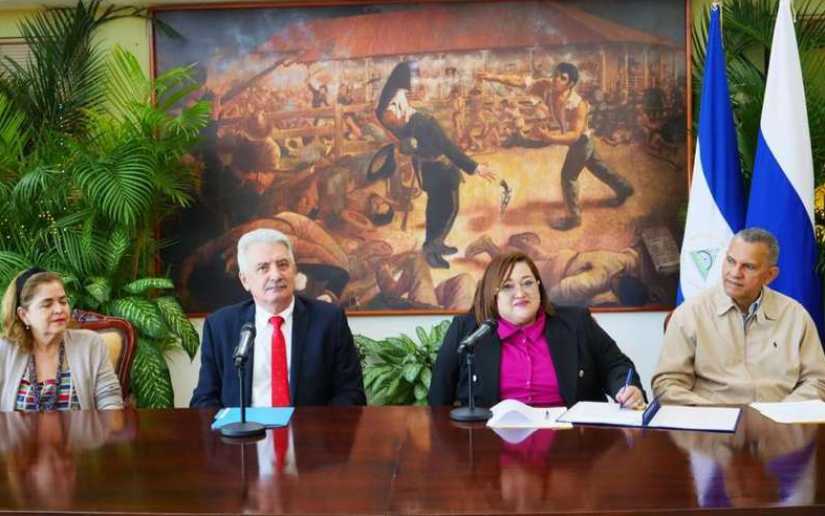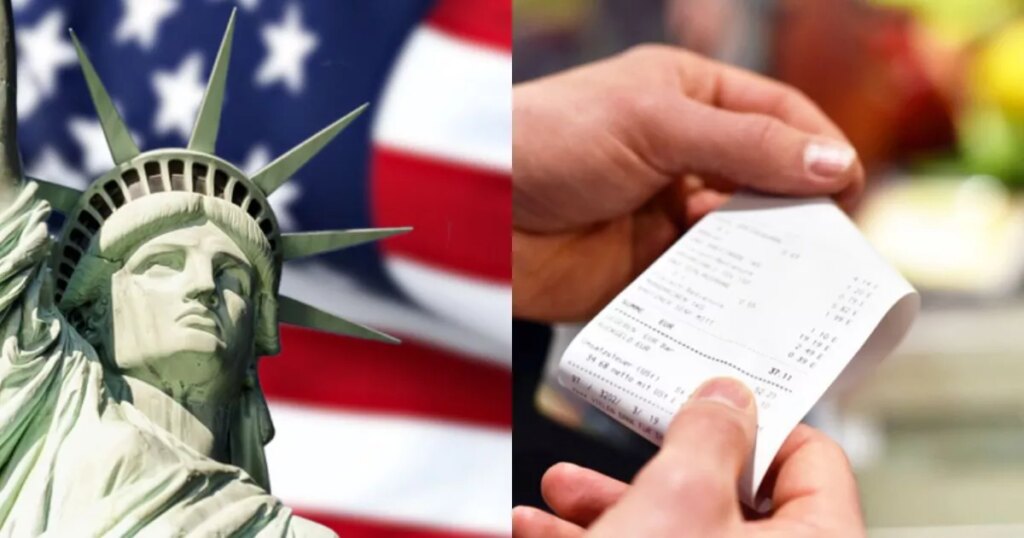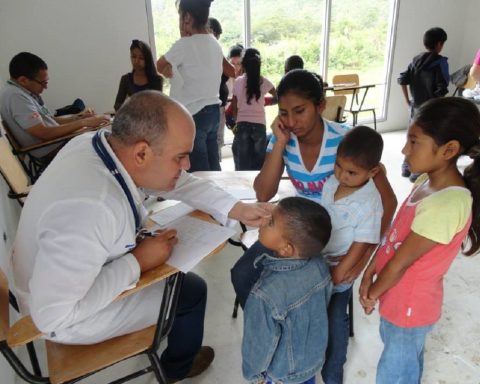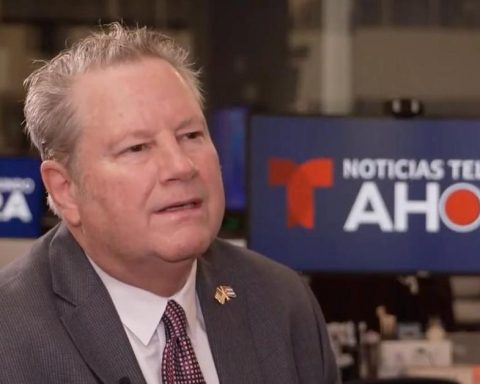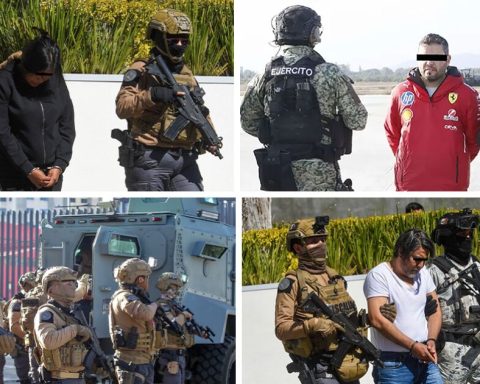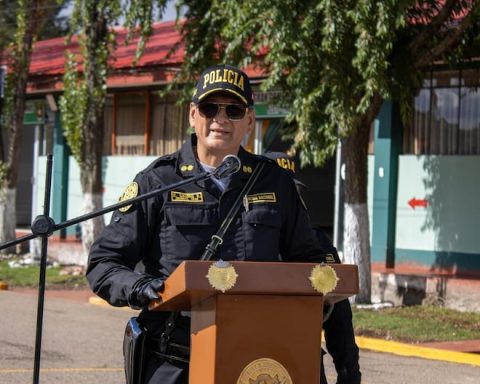This Wednesday, December 14, the administration of Daniel Ortega and Rosario Murillo signed an electoral agreement with the Russian Federation with the aim of institutionally “strengthening” the electoral model of both countries.
By signing the “cooperation protocol in the field of improving legislation, promoting the legal culture of voters, developing and using modern technologies in electoral processes and referendums, and strengthening bilateral cooperation between the two States”, Russia will even be able to influence the elections in Nicaragua.
The agreement was signed virtually by the sanctioned president of the Supreme Electoral Council of Nicaragua (CSE), Brenda Rocha, and her Russian counterpart, Alexandrovna Pamfilova, within the framework of the 78th anniversary of diplomatic relations and friendship between the two countries.
Related news: Russia and Nicaragua will sign a cooperation and customs assistance agreement
“This cooperation will allow an exchange of experience that will lead to the institutional strengthening of our electoral models, each with its own particularities that respond to the needs of our peoples,” said the head of the CSE.
In addition, the Russian ambassador in Nicaragua, Alexander Khokholikov, pointed out that “inter-institutional interaction is a new line of Russian cooperation with Nicaragua, which will allow reciprocal support in strengthening electoral development.”
Since 2007, when the dictator Daniel Ortega returned to power, the elections held in Nicaragua have been denounced by the opposition as undemocratic, fraudulent, and without credibility.
In the recent municipal elections, the Ortega regime carried out an electoral process to its measure, thus winning the 153 mayoralties in the country and according to the Ortega CSE, the FSLN “swept” at the polls with 75% of the votes.
The Ortega regime has declared that it is a faithful ally of Vladimir Putin’s government, and in recent years it has strengthened its relationship with the Russian Federation.
Nicaragua is one of the few countries, along with Venezuela and the small island states of Nauru and Tuvalu, that have joined Russia in recognizing the independence of the breakaway Georgian regions of Abkhazia and South Ossetia, and that has received senior Russian officials since the invasion of Ukraine.
In addition, at the end of 2020 Nicaragua established a Consulate in Crimea, a Ukrainian territory annexed to Russia, which caused the rejection of Ukraine.
